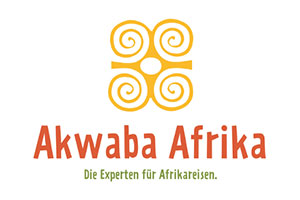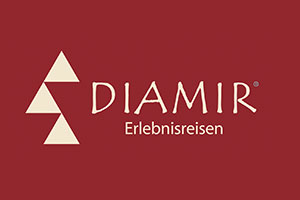Demokratische Republik Kongo
Reisetipps für die Demokratische Republik Kongo
Top 5 Erlebnisse
Die Demokratische Republik Kongo beheimatet die grüne Lunge Afrikas und birgt einige Überraschungen. Zu den Highlights gehören:

Kivu See
Auf einer Bootsfahrt kann man die üppige Naturlandschaft in vollen Zügen genießen, während das kristallklare Wasser den Himmel auf faszinierende Weise widerspiegelt.

Die Cathédrale Saints Pierre et Paul
Seit 1920 bereichert die Kathedrale das Stadtbild von Lubumbashi mit ihrer einzigartigen Architektur und trägt zur kulturellen Vielfalt der Stadt bei.

Kongo Fluss
Mit einer Länge von 4.374 Kilometern ist der Kongo nach dem Nil der zweitgrößte Fluss Afrikas. Das Kongobecken beheimatet eine beeindruckende Artenvielfalt, die durch den Fluss begünstigt wird.

Virunga-Nationalpark
In dem UNESCO Naturerbe-Park sind Begegnungen mit Bergorillas und Schimpansen möglich. Darüber hinaus kann man hier den aktivsten Vulkan Afrikas, den Mount Nyiragongo, erkunden.

Kinshasa Musik
Kinshasa, mit über 10 Millionen Einwohnern, besticht als Hauptstadt der Demokratischen Republik Kongo durch ihre pulsierende Kinshasa Musik. Sie ist gleichzeitig als Geburtsort der kongolesischen Rumba bekannt.
Touristische Infrastruktur
Der Fährverkehr zwischen Kinshasa und Brazzaville gilt im Allgemeinen als sicher. Bei Fähr- und Flussverkehr im Überland ist jedoch Vorsicht geboten. Die Straßenverhältnisse außerhalb der Ballungsgebiete sind ausbaufähig, und die Zustände verschlechtern sich insbesondere während der Regenzeit.
In der gesamten Demokratischen Republik Kongo gibt es eine Auswahl an Unterkunftsmöglichkeiten wie Hotels, Pensionen und Lodges. Es ist ratsam, Unterkünfte im Voraus zu buchen, insbesondere in größeren Städten und beliebten Touristengebieten.
Klima und Reisezeit
Die beste Zeit für einen Besuch in der DRK ist die lange Trockenzeit von Mai bis September. Die trockensten Monate sind Juli, dicht gefolgt von Juni. Die Temperaturen gehen in diesen Monaten leicht zurück. Außerdem gibt es im Januar und Februar eine kürzere Trockenzeit.
Visum und Einreise
Informationen zu Einreisebestimmungen und Visa erteilt die Botschaft von der Demokratischen Republik Kongo.
Bitte beachten Sie stets die Visabestimmungen und die aktuellen Informationen des Auswärtigen Amtes / Bundesministeriums für europäische und internationale Angelegenheiten / Eidgenössischen Departements für auswärtige Angelegenheiten.
• Deutschland
• Österreich
• Schweiz
Eindrücke aus der Demokratischen Republik Kongo
(Zum Vergrößern anklicken)
Stories
International Hotel Chains Are Driving the Hotel Boom in Africa
Frankfurt, 03 April 2024 - The "Big 5" of global hotel chains - Accor, Hilton, IHG, Marriott International and Radisson ...
Internationale Hotelketten treiben den Hotelboom in Afrika voran
ReThinking Africa Initiative setzt sich für Investitionen in Afrikas Tourismuswirtschaft ein Frankfurt, 03. April 2024. Die „Big 5“ der globalen Hotelketten ...
Voice4Africa x ReThinking Africa News March
KLEBER Group x ReThinking Africa News March 2024 Content Foreword Investment in Africa's tourism industry as a driver for sustainable ...
Unsere Partner für die Demokratische Republik Kongo
Visa, Einreise und Updates
Current accessibility
Corona precautionary measures
Status: 03.03.2022



















